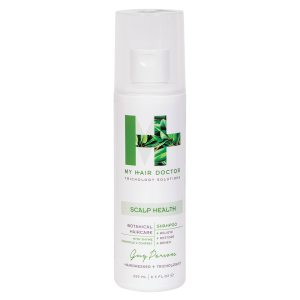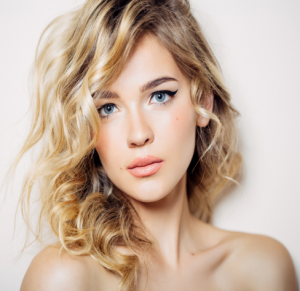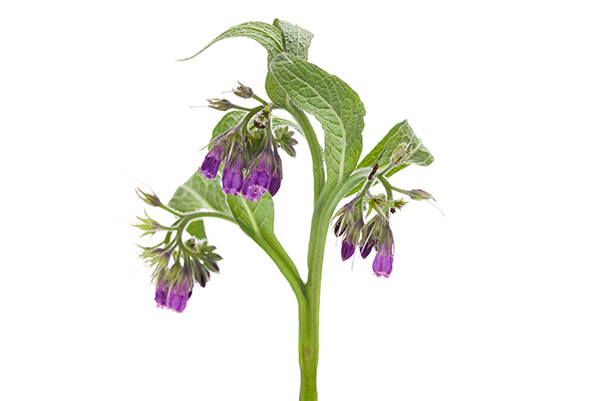-
×
 SCALP HEALTH SHAMPOO 250ML
1 × £19.00
SCALP HEALTH SHAMPOO 250ML
1 × £19.00
Subtotal: £19.00

 Pool stinging your eyes? The more chance it’ll dry your hair out. If your eyes start stinging from the chlorine, it could potentially be drying out your hair at the same time. Guy says: “Chlorinated salts, the stuff that dissolved in the pool from your body (sweat, sebum, skin, etc.) binds to the chlorine and causes the stinging sensation you feel in your eyes. The more your eyes sting, the more dissolved debris there is in the pool and this can also have the drying effect you feel on your hair afterwards.” Iain also explains that a paddle in the sea may also leave your hair dry. “Salt in the sea leaches water out of your hair,” he says. “The hair is saturated with salty water, which, as it dries, takes out more moisture. Making the hair feel very dry indeed.”
Pool stinging your eyes? The more chance it’ll dry your hair out. If your eyes start stinging from the chlorine, it could potentially be drying out your hair at the same time. Guy says: “Chlorinated salts, the stuff that dissolved in the pool from your body (sweat, sebum, skin, etc.) binds to the chlorine and causes the stinging sensation you feel in your eyes. The more your eyes sting, the more dissolved debris there is in the pool and this can also have the drying effect you feel on your hair afterwards.” Iain also explains that a paddle in the sea may also leave your hair dry. “Salt in the sea leaches water out of your hair,” he says. “The hair is saturated with salty water, which, as it dries, takes out more moisture. Making the hair feel very dry indeed.”

Thyme Oil has an anti-bacterial effect due to its high content of phenol (antiseptic) and is used for this benefit in scalp care preparations.


(Bisabolol) A clinically tested active; Bisabolol protects and heals the skin from the effects of daily stress. It is a naturally occurring active ingredient found in chamomile that accelerates the healing process.


(Comfrey) A clinically tested soothing, softening and protective active as found in the comfrey plant. It improves the skin's moisture retention providing a smoothing effect. It exfoliates dry and damaged cells increasing softness and a radiant appearance. It helps with the prevention of scalp irritation and supports the natural regeneration of the skin/ scalp.